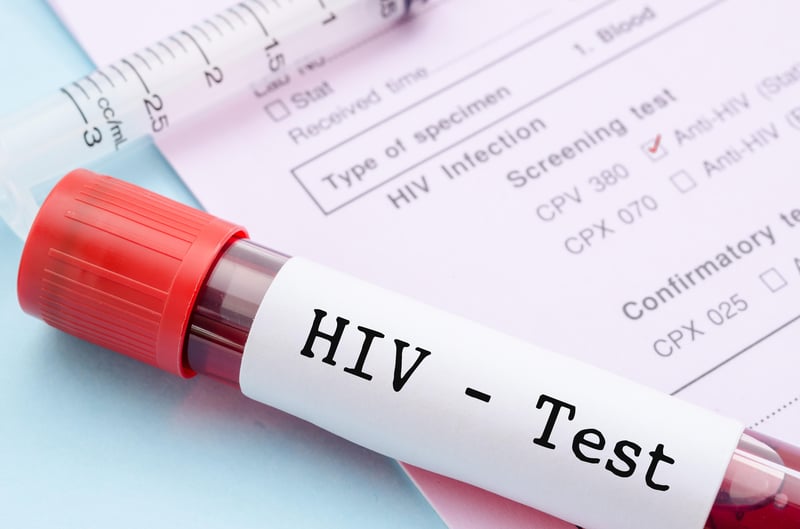Get Healthy!

- Cara Murez
- Posted July 28, 2022
COVID Crisis Has Stalled Fight Against HIV/AIDS
Efforts to end the global HIV epidemic have slowed as money and attention go toward fighting COVID-19, new report shows.
"This is an alarm to the world to say that COVID-19 has blown the AIDS response significantly off track," Matthew Kavanaugh, deputy executive director of UNAIDS, said of the findings.
Among the concerns are that HIV testing has slowed or stopped in places dealing with COVID surges. HIV infections have climbed in parts of Asia and the Pacific, where they had been falling.
A global decline in new infections is leveling off instead of dropping as it had been for years, endangering the United Nations' goal of fewer than 370,000 new HIV infections by 2025. Last year there were still 1.5 million. About 650,000 people died last year from AIDS-related illnesses, the report found.
"People are exhausted with epidemics and pandemics," Dr. Anthony Fauci, the U.S. government's leading AIDS expert and director of the U.S. National Institute of Allergy and Infectious Diseases, told the Associated Press. "We have to fight twice as hard to get HIV back on the radar screen where it belongs."
Disparities continue to grow for women and girls. In sub-Saharan Africa, women and teen girls are three times as likely to get HIV as boys and men. A teen girl or woman was newly infected every two minutes last year, the AP reported.
Meanwhile international aid has dropped, leaving low- and middle-income countries with $8 billion less than they need to fund efforts, the report found.
In contrast to these troubling alarms, the International AIDS conference in Montreal this week will highlight promising progress in efforts to treat those with the disease.
For example, scientists are looking at the case of a woman in Spain, where her own immune system seems to have kept her HIV at an undetectable level for 15 years. She was part of a research study in 2006 that included immune-boosting treatments. University of Barcelona researchers are not sure why she's doing so well, the AP reported.
And in the United States, a 66-year-old HIV-positive man had a bone marrow-like transplant to fight leukemia in 2019. He's now in remission and has been off his AIDS medication for 17 months with no signs of HIV, according to Dr. Jana Dickter of City of Hope, a California cancer research center.
The man, who had HIV for 30 years, received transplanted stem cells from a donor who happened to carry a rare gene mutation that made the cells resistant to HIV.
The patient continued to take his HIV medication until he received a COVID-19 vaccine. He is both the oldest and longest-living person with HIV to undergo this potentially curative transplant, according to the AP.
More information
The AIDS Healthcare Foundation has more on HIV/AIDS.
SOURCE: Associated Press

